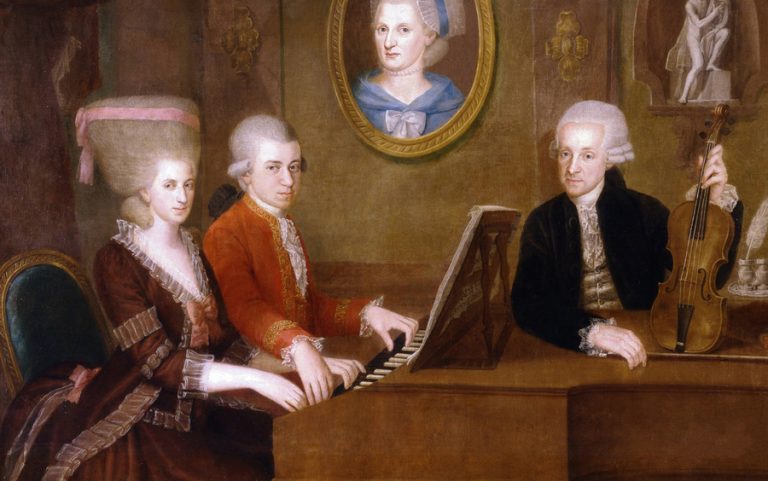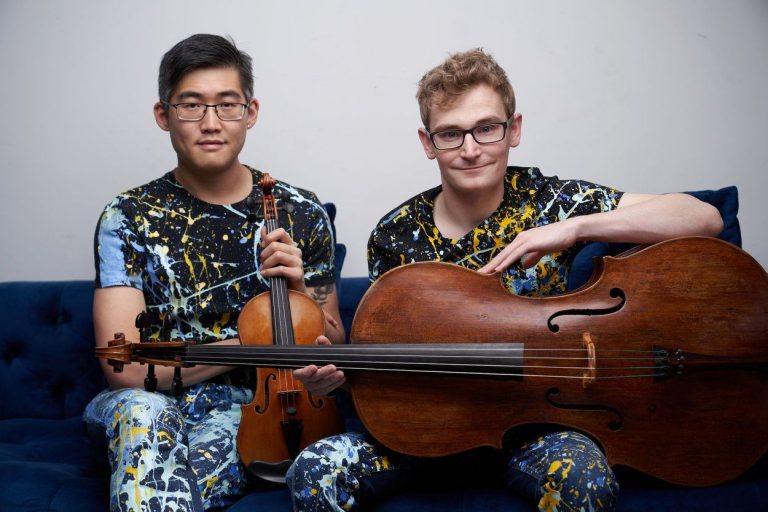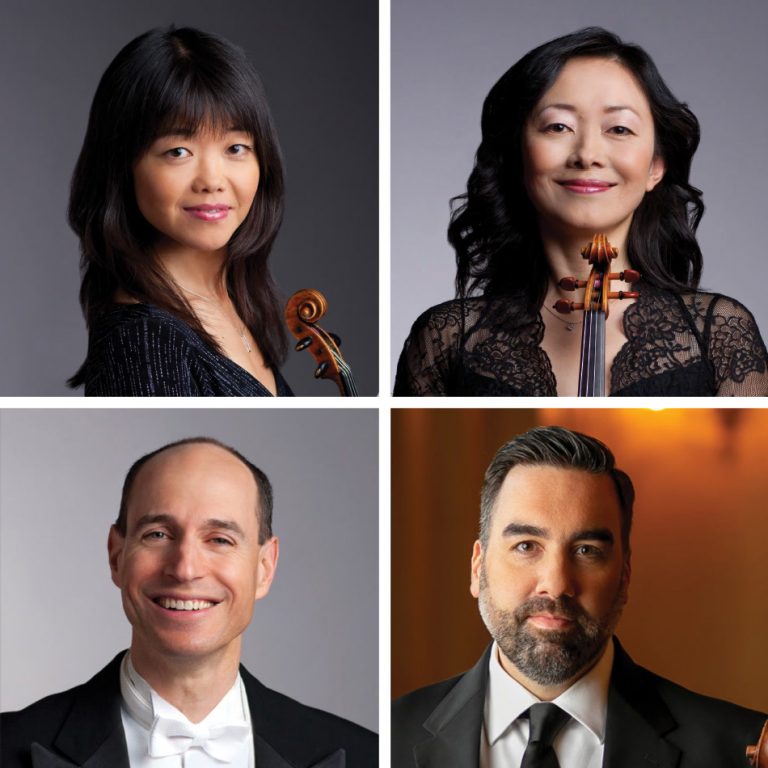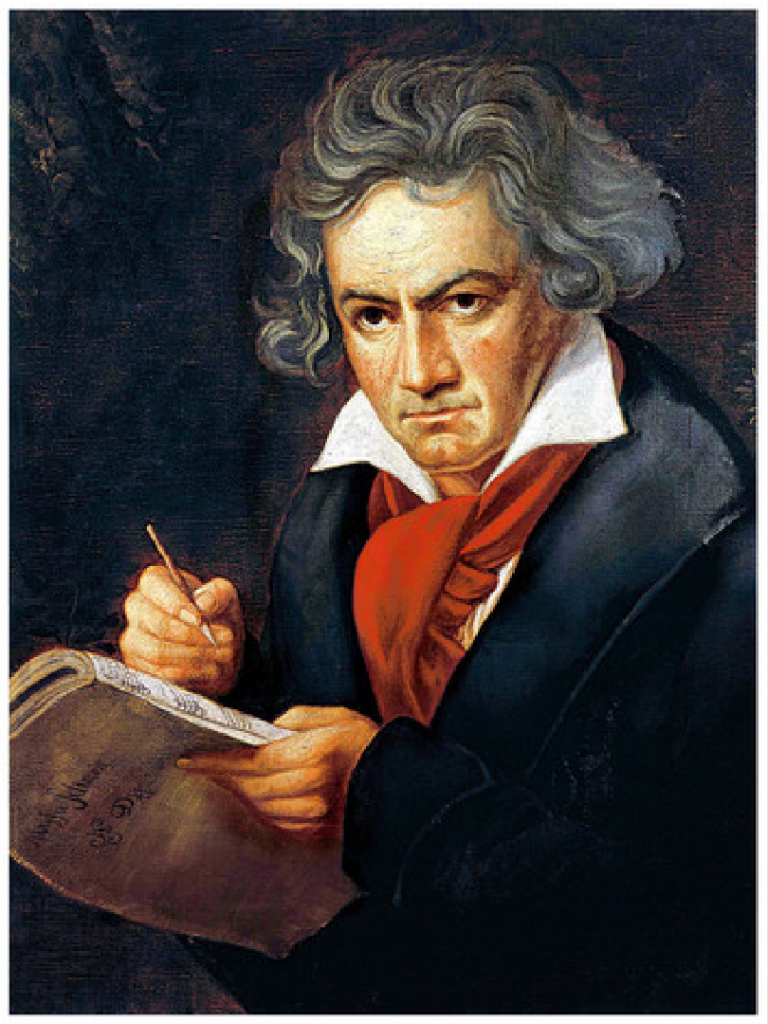Program Notes
October 12, 2022 by
The piano was always central to the life and work of Norwegian composer Edvard Grieg (1843-1907). His mother, a music teacher, first taught Grieg how to play piano at the age of six. Grieg studied piano at several different schools. It wasn’t long before the Norwegian violinist, Ole Bull, a friend of the Grieg family, noticed young Edvard’s talent and strongly suggested he be sent to Leipzig Conservatory. Which he was.
October 2, 2022 by
On September 23, 1777, Mozart left his native Salzburg bound for Paris by way of Munich, Augsburg, and Mannheim. Mozart and his ever-ambitious father, Leopold, hoped to secure a position for the young composer away from Salzburg and the court of their current employer, Archbishop Colloredo. Leopold remained at home under Colloredo's employ and his wife, Anna Maria, accompanied their son on the trip.
Leopold would not see his wife again. Anna Maria died suddenly of an undiagnosed illness in Paris in July 1778. Some have connected the sonata K. 304 of the same year to Anna Maria's death, but this tragic event and the piece are unrelated. K. 304 is the only one of Mozart's sonatas for violin and piano written in a minor key and conveys a deep pathos. But work on the sonata was begun in Mannheim in the spring of 1778 before the Mozarts traveled to Paris, and Mozart finished K. 304 before Anna Maria's sudden demise.
August 23, 2022 by
Adam Neiman composed his Serenade for Violin and Piano in 2013 as a birthday gift for his wife, Ariella Siu-Yin Mak-Neiman. The work is unapologetically romantic and very much inspired by the venerable tradition of nostalgic encore works by such composers as Tchaikovsky, Elgar, and Kreisler. Thematically simple, the composition unfolds as an expansive narrative that begins softly and poetically, reaches ecstatic heights, and ultimately disperses in semi-mystic peace and tranquility.
May 5, 2022 by
Mozart, Stravinsky and Beethoven aren’t names often seen together in the same sentence. Nor do they often share a program of chamber music, as they do in the Lincoln Quartet's May 16 concert at Guarneri Hall.
March 30, 2022 by
Ludwig van Beethoven held anything-but-typical views on composing for the cello, so much that what was revolutionary in the 18th century would continue to be unlike anything in the 21st century.






